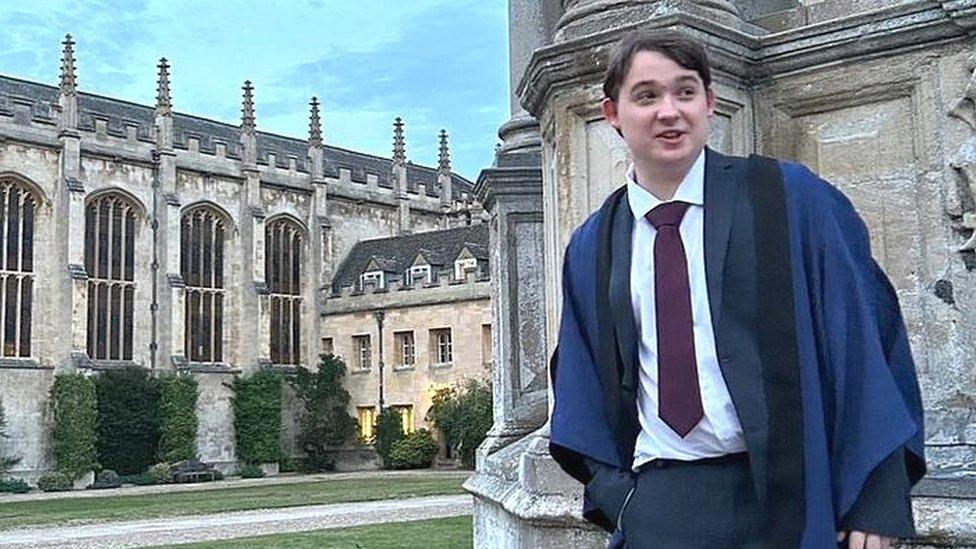Cambridge education institute marks 150 years with bursaries
- Published
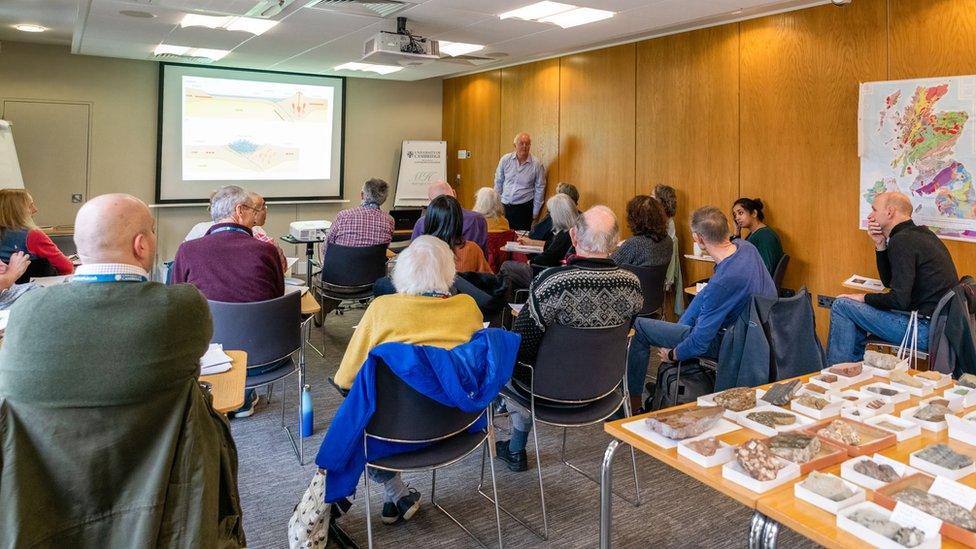
ICE said it had been focused on meeting the needs of adult students from all backgrounds
Cambridge University's Institute of Continuing Education (ICE) has marked its 150th anniversary by giving bursaries to learners from disadvantaged backgrounds.
The institute was the world's first university-led continuing education department, starting in October 1873.
To help adult learners enrol on one-year certificates or diplomas, ICE has awarded 80 bursaries worth £1,873.
Bursaries have been given to those with no higher education qualifications.
They also have a household income under £25,000.
The institute, based at 16th Century Madingley Hall, provides part-time and short courses for adults of any age.
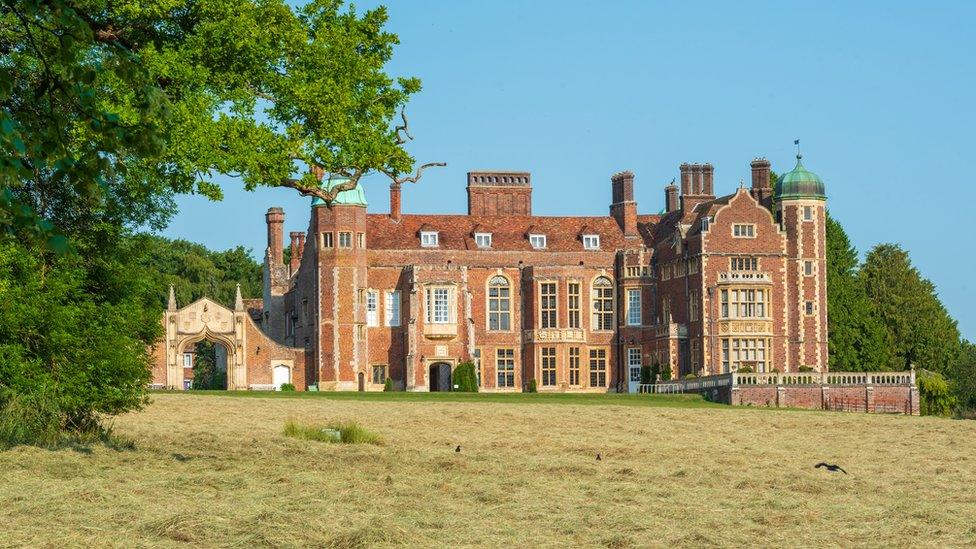
Cambridge University acquired Madingley Hall in 1948 and it was occasionally used by ICE (then known as the Board of Extra-Mural Studies)
In the past, ICE's bursary programme has helped students like Yemi Ayeni, from Hertfordshire.
Ms Ayeni took up a bursary to study for an undergraduate Certificate in Strategic Business and Management after being made redundant from her job during the pandemic.
She said bursary support made studying at Cambridge University's ICE "more accessible than I would have realised".
Ms Ayeni, who is a single parent to two children, is now setting up her own life coach business.
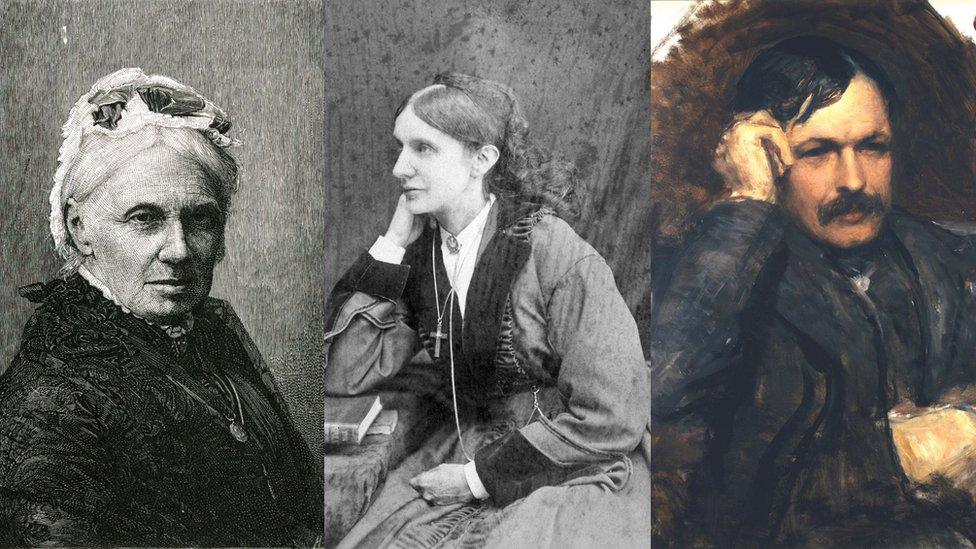
Anna Clough (left), Josephine Butler (middle) and James Stuart (right) were the education pioneers who led to the creation of ICE
In Victorian England, education and opportunity were reserved for a privileged minority.
Social reformers argued against inequality and instead for fair access to education for everybody in society, regardless of gender or wealth.
Suffragists Anne Clough and Josephine Butler lobbied the University of Cambridge to provide learning for women, which resulted in academic James Stuart delivering lectures for women in the north of England from 1867.
In 1873, the university authorised Mr Stuart to create a new Local Lectures Syndicate and the first official Cambridge-led extramural lectures were delivered across the East Midlands in the autumn.

Follow East of England news on Facebook, external, Instagram, external and X, external. Got a story? Email eastofenglandnews@bbc.co.uk, external or WhatsApp 0800 169 1830
Related topics
- Published30 September 2023
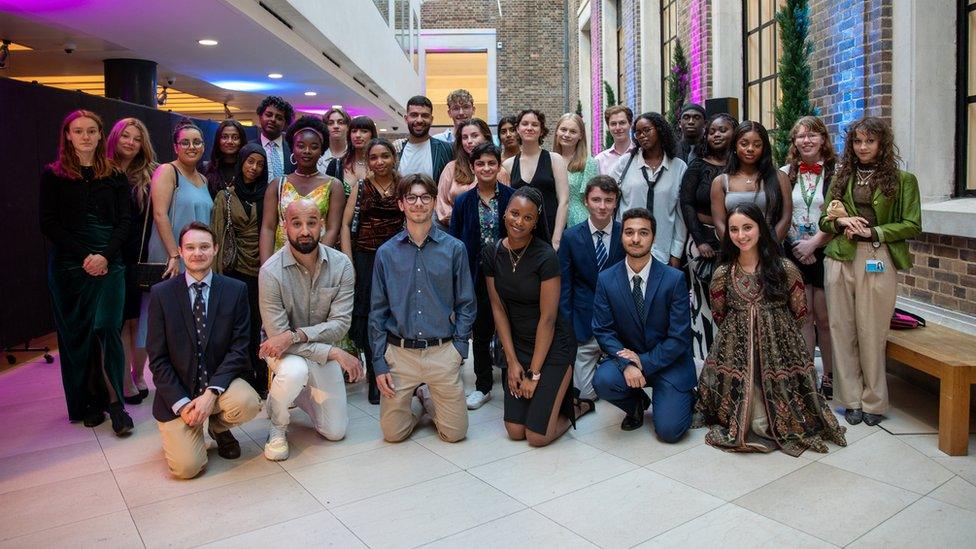
- Published6 March 2019

- Published17 October 2023
